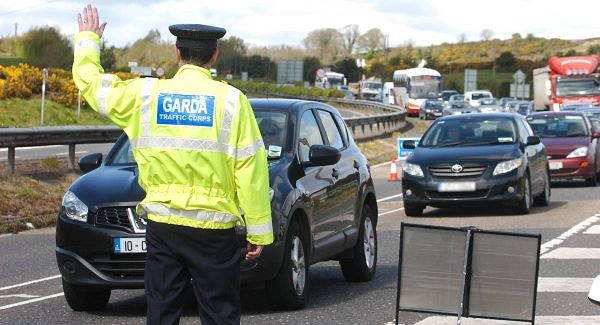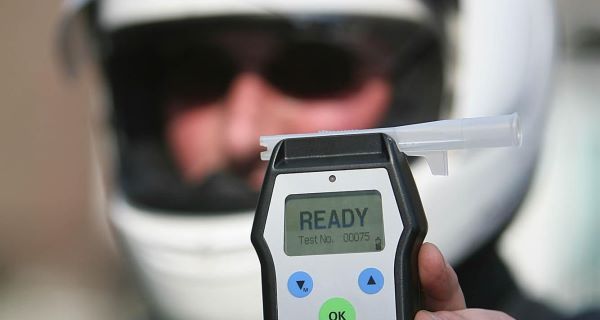Update 4.40pmThe Gardaí have released further details of the issues discovered with administration of fixed charge notices (FCN) and roadside breath tests.
Administration of fixed charge notices
Roadside breath tests
Pulse Data: 1,995,369
Medical Bureau of Road Safety Data: 1,058,157
Thousands of drivers will have their penalties overturned after a serious mistake by the Gardaí. The force has also admitted there is a huge discrepancy in their recorded breath test figures.
Between 2006 and 2016 there were 147,000 offences where a court summons was issued instead of a fine.
Of those 96% had other offences that could have landed them in court, but almost 6,000 had no other offence and should have just received a fixed charge notice.
One of the country’s policing watchdogs has issued a damning indictment of the ethics and integrity of An Garda Siochana after the audit, which found almost one million fewer breath tests were carried out than the force claimed.

All these cases will be appealed in court with the Gardaí not contesting the cases – meaning fines, possibly in the millions, will have the be re-paid.
Superintendent Con O’Donoghue apologised for the mistake.
Separately, the Gardaí have discovered a massive discrepancy in their recorded number of breath tests.
Almost a million extra tests were recorded, with the Gardaí admitting they do not know what caused the mistake.
Gardaí were recording the figures from memory instead of digitally, which has changed according to chief commissioner Michael Finn
The mistakes raise questions over garda procedures, and they say an internal investigation has been launched to establish how it occurred.
The Policing Authority said the discrepancies raise widespread concern about how gardaí go about their work on a daily basis.

The oversight body also warned the scandal erodes confidence in the credibility of data recorded by the Gardaí.
The review of roadside breath tests for five years to 2016 found the Medical Bureau of Road Safety recorded 1,058,157 tests had been carried out but the Garda recorded 1,995,369.
In a statement, the watchdog said: “The Authority is alarmed at the scale of the discrepancies disclosed between actual alcohol tests administered and the numbers recorded by gardaí.
“This is not just an academic statistical matter, it is an ethical one. It raises serious questions of integrity for the Garda Siochana organisation and combined with previous issues regarding inflated activity levels, erodes confidence in the credibility of Garda data generally.
“It again raises concerns about management and supervision… In the view of the Authority, the scale of the discrepancy is further evidence of deep cultural problems within the Garda service – a culture in which such behaviour was possible.”
The Policing Authority said the Garda had admitted that there are possible wrongful prosecutions and convictions.
Some 830,000 cases have been reviewed by the force and people affected are being contacted but the watchdog said there are potentially thousands of people caught up in the errors.
The Policing Authority said it raised questions about roadside breath-testing statistics and practices in January but was not told a review was taking place.
It said it also has concerns about how decisions are taken on the issuing of a summons and what happens to cases between checkpoint, detection and conviction.
It is not the first time the Garda’s record keeping has been called to account.
Last year, official analysis by the Central Statistics Office found almost a fifth of crime reported to the force was not recorded on its own system.
It also said the force’s success rate in solving crimes is probably 10% lower than claimed.
In 2015, the CSO said almost a fifth of crimes reported to the Garda in 2011 were not recorded on the Pulse database.
That followed a damning audit by the Garda Inspectorate, published in 2014, that exposed massive errors on the Pulse system including poor classification of incidents and under-reporting casting doubt on the country’s true crime rates.
The watchdog concluded that it was difficult to determine the scale of unrecorded crime but it could be about a quarter of offences.


